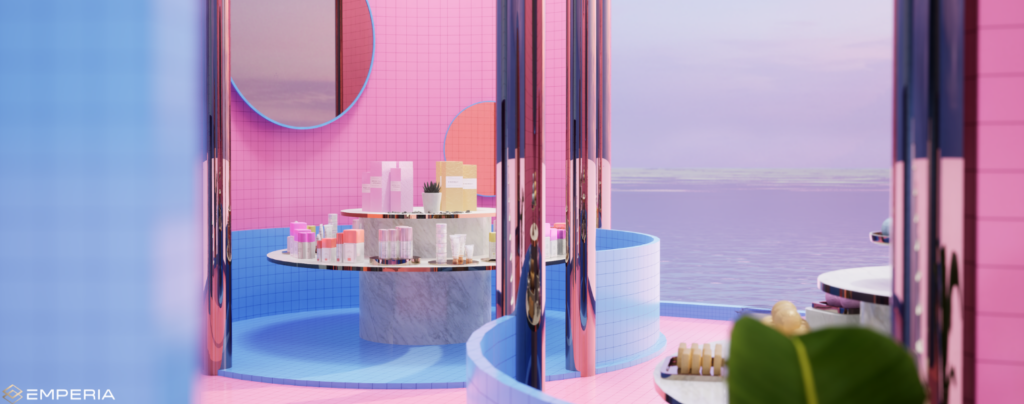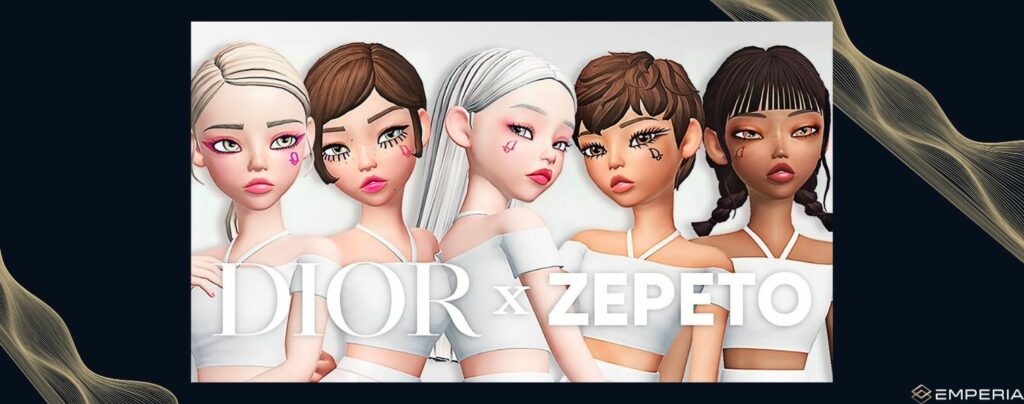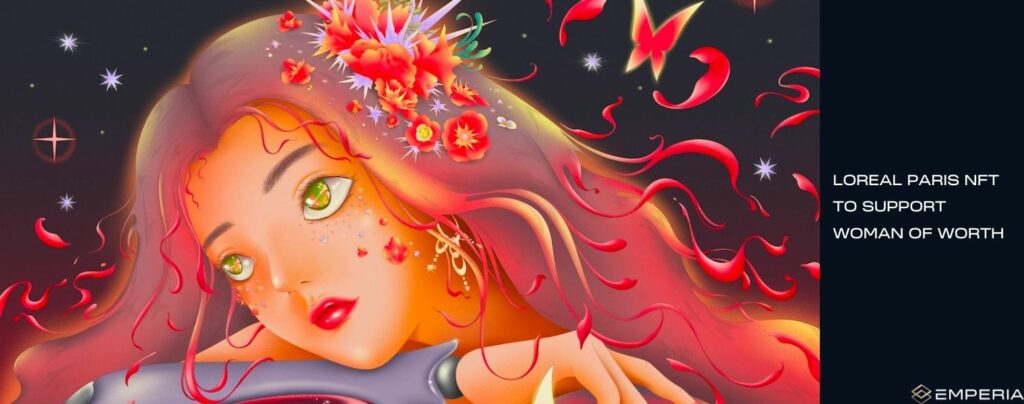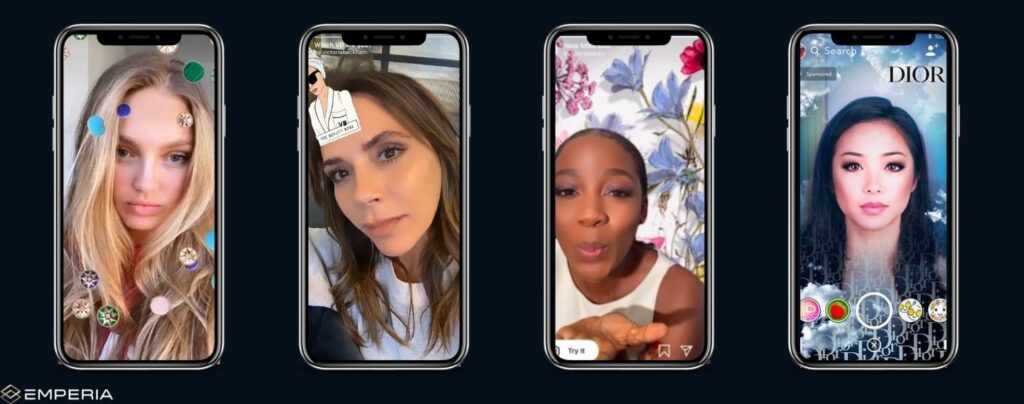We use cookies to improve your experience. By continuing to use this website you agree to our cookie policy.

First, the fashionistas seize their turn into the metaverse, and now let’s make way for the beauty industry.
Beauty is jumping headfirst into the metaverse with innovative concepts, and it’s no surprise considering the triumph of retailers in the new digital world so far. Retailers like Nike, Gucci, and Balenciaga have made their digital footprint. It seems it’s here to stay in the metaverse with digital runways, branded virtual worlds, and even the selling of NFTs.
The digital world of beauty stems from immersive AR try-ons to virtual shopping, but these are only some examples of how consumers are interacting with brands and retailers in this virtual world.
The virtual audience has a short patience span, constantly waiting for the next fascinating digital experience, which brands and retailers highly anticipate. The evidence demonstrates that these trendy and influential experiences inside the metaverse cultivate connections between users and retailers, steering shoppers to each touch-point seamlessly throughout the buying decision process.
What are beauty brands doing in the metaverse?
Dior Beauty’s collaboration with South-Korean metaverse Zepeto is a digital makeup collection by Peter Philips, the luxury brand’s creative director. If that isn’t already a massive bonus for beauty fans discovering more in the metaverse, the nine looks in the collection enable users to create 3D avatars of themselves.

Beauty Welcomes NFTs
Moving further into the beauty sphere, cosmetics-favorite L’Oreal Paris has also forayed into the metaverse with an NFT art campaign to subsidize its philanthropic endeavor, Women of Worth. It teamed up with five female artists to create NFT art that is illuminated by its new L’Oreal Paris Reds of Worth by Colour Riche lipstick range.
“We feel it’s important to identify spaces where we can make an impact — however small or large — and lead with our values,” said Maude Brunschwig, VP of marketing for L’Oreal Paris. “We don’t think only of NFTs instead of other male-dominated sectors; it is just one white space opportunity we saw where L’Oreal Paris could help elevate deserving and worthy women while also offering new technologies inspired by the beauty and worth to the consumer.”

Promoting their products in the metaverse is one thing, but offering NFTs is the way forward in the tech world. Nars and Givenchy Parfums are among the companies already revealed non-fungible tokens. This could grow significantly in this fearless contemporary world, offering exclusive and rare products or showing cosmetics through technology.
AR filters
When the pandemic closed all physical stores, cosmetic brands had to rev up their virtual presence. Applications offered virtual makeup testing using augmented reality. Users experimented with lipstick shades, and eye looks before buying them online. The beauty world discovered its prime choice of technology and adjusted to AR (augmented reality), operating branded filters for new collections.

Working towards reaching even more in-depth into the mind of their consumers, beauty brands are using the likes of Livestream shopping sessions to attract engagement. Online events seem to boom worldwide, with China being one of the most curious.
“Consumers respond well to entertaining content and real-time interactions with the brand when making online purchases,” said Mark Jiang, VP of global e-commerce at MAC Cosmetics. The brand started conducting tests on the beauty-focused video shopping app Supergreat in November 2021. So far, it’s partnered with influencers for two live shows and one special promotion event.
“Livestream shopping also helps improve retention and streamlines the sales process by allowing consumers to instantly purchase the products they discover without ever leaving the platform,” said Jiang.
Gen-Z and millennial consumers are prime users of social shopping apps, thanks to their reliance on social content for product research. A 2021 survey by Klarna found that 71% of Gen Z and 69% of millennials in the U.S. say that they’re interested in watching Livestream shopping events.
Virtual stores
Brands are gradually making their way into virtual stores, developing an all-around immersive experience for their customers online through their website. The e-commerce beauty industry pushed from $483B in 2020 to $511B in 2021, and with an annual compounded growth rate of 4.75% worldwide, it’s envisioned to surpass $716B by 2025. The online retail evolution is exceeding itself, and there are no abnormalities for the beauty industry with this growth. Cosmetics are blossoming online, and presenting a whole experience through technology is just the birth of this new digital revolution.
Dior Beauty reveals just how immersive and riveting the online world can be with their virtual store, built and developed by Emperia. Dior Beauty, the ‘Atelier of Dreams’ seamlessly combines their virtual and physical spaces, bringing forward the brand values of the luxury beauty giant.
The retail experience becomes timeless and location-free, allowing for 24/7 global access and free movement around the magical space while offering a direct purchase from the virtual experience.
Emperia creates bespoke experiences for luxury retailers, and features set templates created by our expert creative team, showcasing products in a lavish, angelic digital world inside our virtual store management platform – Artemis.
You can find out more about setting up your virtual store here.
